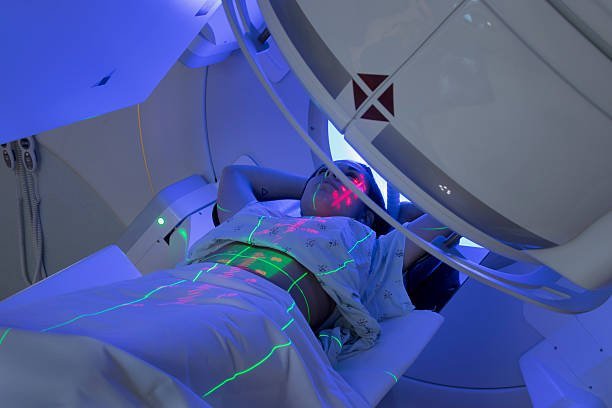Radiation refers to the energy that travels through space at the speed of light, has an electric field and has wavelike properties. Examples include electromagnetic radiation such as radio waves, x-rays, infrared rays and gamma radiation. Every day we are exposed to several types of radiation, with most of these sources carrying minimal risk to our health. However, depending on the doses exposed to the human body, some radiation can be highly adverse to human health.
Pros of the Radiation.
Here are the advantages of radiation:
1. Medical Application. Today, hospitals and doctors use a variety of nuclear materials and procedures to diagnose and monitor a wide variety of diseases. Radiation therapy and cancer treatment procedures have saved a lot of lives.
2. Academic Applications. Radiation and other nuclear materials are being used today for research into some areas of interest. For example, using x-rays, scholars can study the internal features of a living being.
3. Industrial Application. Radiation is used today to identify and eliminate toxic pollutants such as exhaust gases from coal industries, improving the air quality that humans and other animals breathe.
3. Nuclear Power Plants.
Through radiation, harnessing nuclear energy has been made easy through the fission process. Today several states are using nuclear energy as a clean source of energy.
4. Agricultural Application of radiation.
Nuclear technology is used in crop and animal breeding, ensuring that the best breeds and varieties are synthesized to adapt better to climate changes, ensuring we have stability and nutritional security.
5. Pest control.
The sterile insect technique is an environment-friendly technique which involves rearing insects, sterilizing them using radiation then releasing them into habitats infested with the pest. This method reduces reproduction and curbs the spreading of these destructive pests.
6. Soil and water improvement.
Radiation measures and assesses the rate of soil erosion and radioactive nuclides. Scientists use these findings to determine the health of the soil; this technique has been used in the growth o soybeans, which increases the efficiency in the agricultural sector.
7. Improvement of animal health.
Radiation has been crucial in identifying and mitigating transboundary zoonotic diseases. The findings are swiftly used to contain the spread of these diseases with accurate and precise diagnoses.
Cons of Radiation.
Here are the disadvantages of radiation:
1. Adverse side effects.
Radiation therapy has a lot of side effects which can cause a heavy toll on a patient’s body, including diarrhoea, tiredness, nausea and dryness of the throat, hair loss, memory problems and skin.
2. Mutations and abnormalities.
According to studies conducted, radiation poses several health risks such as chromosomal mutations, cancers and abnormalities.
3. Environmental Contamination.
Construction of radiation facilities is challenging because regulations to ensure that the surrounding environment is safe from contamination can be quite costly to set up these facilities.
4. Greater sensitivity to dispersed radiation
Radiography increases an individual’s sensitivity to scattered radiation due to exposure to higher radiation beams. There are higher risks of developing cancer in future for individuals who undergo radiology.



